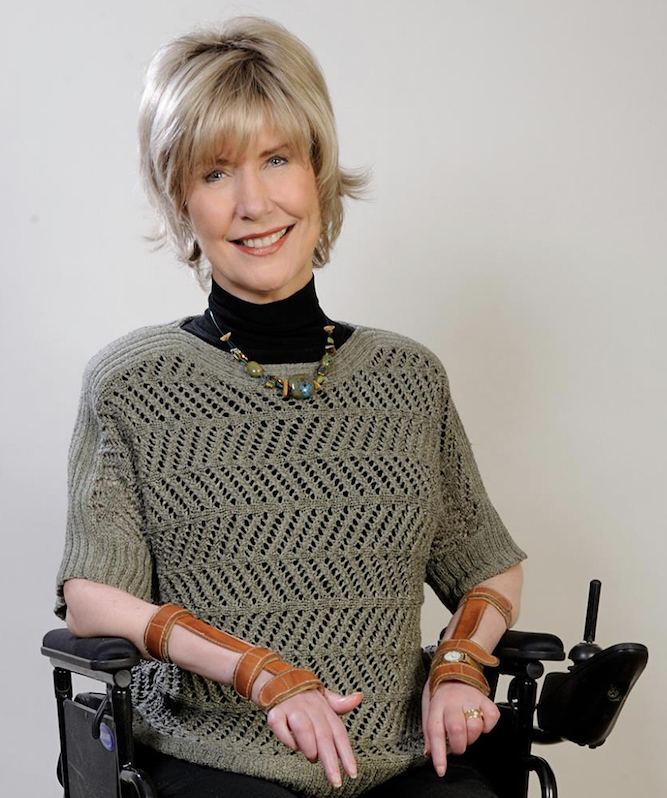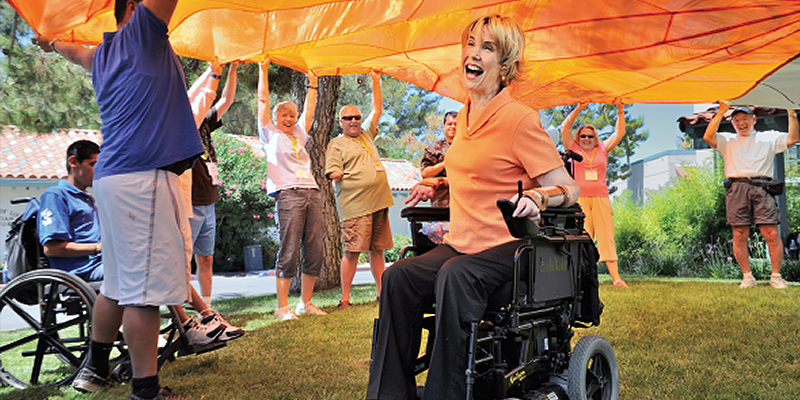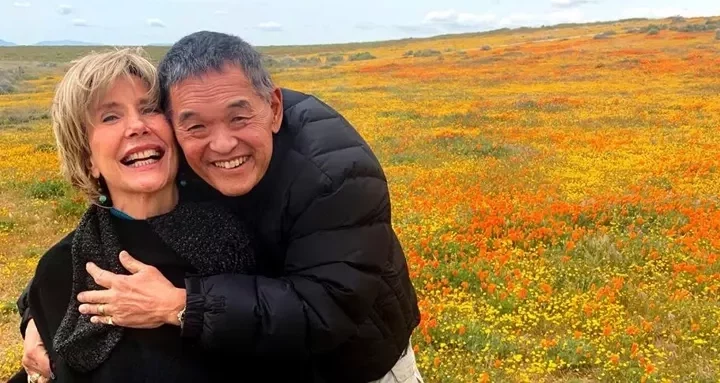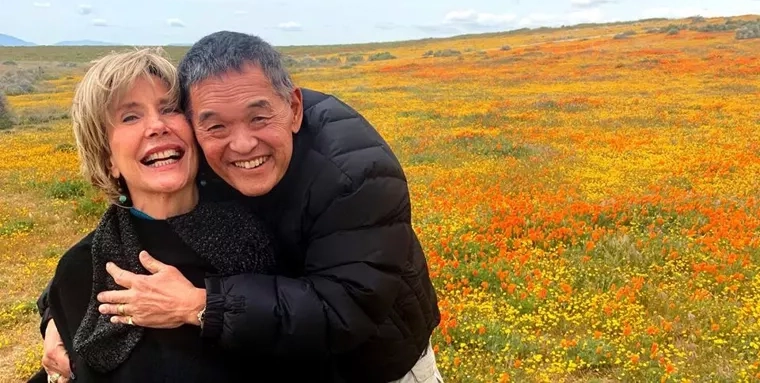At the age of 17, Joni Eareckson Tada made what would turn out to be a life-changing decision. She dived into shallow water in the Chesapeake Bay, which resulted in paralysis throughout most of her body.
Six decades later, Tada sees her condition as something that was meant for the mission God placed on her life, which is telling people about the love of God. In her ministry, Joni and Friends, she has served as an ambassador for people with special needs.
However, on the day of our interview, Joni was recovering from COVID.

Joni Eareckson Tada
“I’m a quadriplegic. I don’t have use of my arms and my legs. So COVID was a bit of a struggle for me,” she admitted. “You just happen to catch me on a day when I’ll be heading to see a pain management specialist. I’m looking forward to that. I deal with pain because of scoliosis. I’m not sure, but I have hope that there might be answers. So onward and upward.”
It’s the upward and onward part of the conversation that leaves many people wanting more of Joni’s positivity, as she continues to embark on the journey of telling everyone about Jesus and offering hope to anyone she can. Tada is honest about the fact that her current status of living with pain is not fun, but it’s hope that keeps her encouraged.
“I have hope. I think we all should have hope because God’s in charge,” she said. “The world looks bleak, it looks dark, it’s broken for sure. But this stark reality that we see in the news headlines is not the only reality there is, right? Isaiah chapter 51 says there’s going to come a day when the earth will wear out like a garment. Oh, my goodness.”
Joni is hopeful and finds goodness even in the present-day trials. In addition to being a quadriplegic, she is a breast cancer survivor.
“I love being around people who remind me of what is real, what is lasting,” she said. “I love being around people who become slump-shouldered, overwhelmed by the weight of this world. I love being around people who live out their hope; people who speak freely about Jesus, who are ready to pray at the drop of a hat.”
Joni’s friends, which is how she refers to her disabled community, not only give her hope and encouragement but keep her alert in living out her calling.
“I’m inspired by the world’s disabled. I deal with chronic pain. My lungs aren’t the best. But man, my afflictions are nothing,” she said. “I don’t even hold a candle to the way 98% of the world’s disabled live, and those are people who sometimes have to remain in dark black bedrooms most of their lives because they don’t have wheelchairs and basic necessities of life.”

Even with her physical ailments, Joni wants to make it known her work is not about her. It’s about God, even when she is wondering if she can go on.
“After 55 years in a wheelchair, I’ve got it, and it’s miserable. It is downright miserable,” she said. “And there are times, in fact, just this week, at 2 a.m. I’m in bed paralyzed. I can’t move to readjust my position. And I have been awakened by my pain. I’m praying, I’m saying, ‘God, I don’t think I can do this and I can’t believe that you think I can do this. Yeah. I think you are asking way too much of me.’”
Now 73, Joni continues to find strength in her faith.
She says of God: “I’m going to trust that if I do believe you and what you’ve said here, I could do everything without complaining. You are going to give me the grace to keep my mouth shut from grumbling and murmuring against the mission that he has called me to carry out.”
Her advice is this: “Nothing makes our hope more sharp and clear than focusing on the word of God. So, when other Christians feel deflated or discouraged or overwhelmed by their sufferings, I tell them to hang on because the healing is coming. Maybe not when you want it, but it’s coming. God has promised it.
“So hang on a little while and be constant in prayer, patient [in] your affliction, but also rejoice in your hope. Rejoice in that happy day when the eyes of the blind will be opened, the ears of the deaf will hear, and people who are lame like me are going to leap like deer.”
Related articles:
When will disability become a personal issue for you? | Analysis by Mallory Challis
As Americans with Disabilities Act turns 30, barriers remain


